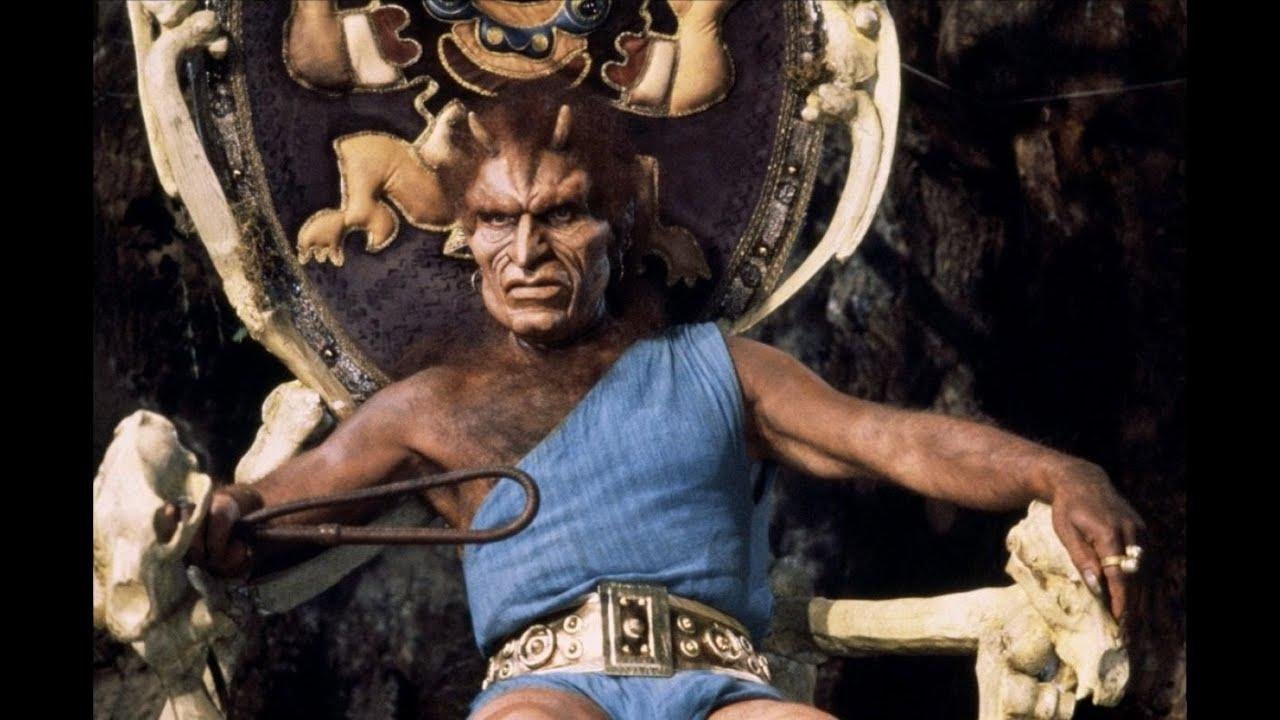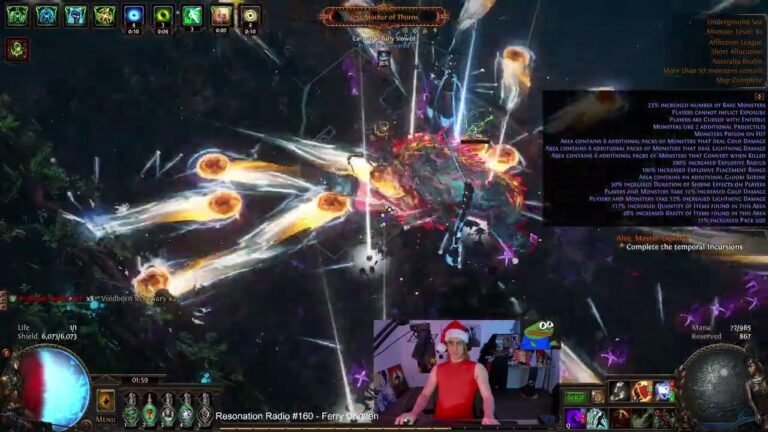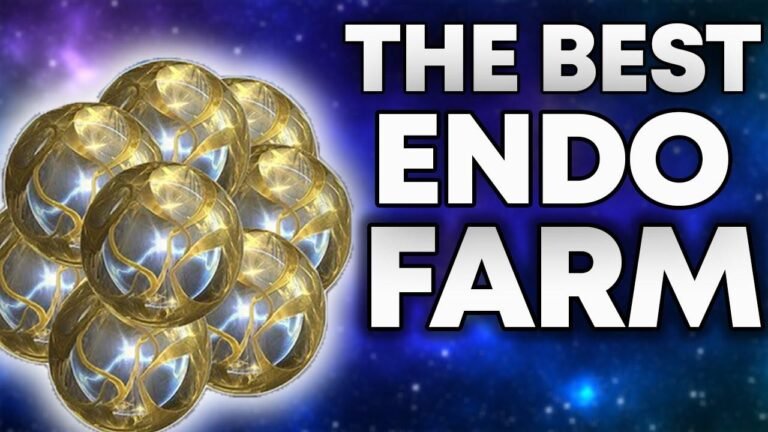Dämonen sind wie gefallene Engel, die ausrangierte Götter und Geister der Toten darstellen. Sie können menschenähnlich erscheinen, aber ihre Gestalt nach Belieben verändern. Böse Dämonen entführen Partnerinnen und Kinder und verursachen Wahnsinn und Krankheiten. Für diese Wesen gibt es verschiedene Konzepte, die eine Mischung aus wohlwollenden und bösartigen Eigenschaften aufweisen. Die Beschwörung von Dämonen birgt erhebliche Risiken. Wow, das ist ja wie ein echtes Märchen! #WissenistMacht
Was ist ein Dämon?
Inhaltsübersicht
Heute tauchen wir in die rätselhafte Welt der Dämonen ein und beleuchten ihre Definitionen aus verschiedenen Enzyklopädien. Erforschen wir ihren Ursprung und ihr Wesen durch die Brille der alten Mythologien und der modernen magischen Traditionen.
Etymologie und historische Ursprünge
| Definition | Beschreibung |
|---|---|
| Böser Geist | Ein Wesen, das das Böse verkörpert und Schaden, Not oder Verderben verursacht. |
| Dämon | Eine begleitende Kraft oder ein Geist, der oft als Zwischenstufe zwischen Gott und Mensch angesehen wird. |
| Mythologie | Ein übernatürliches Wesen mit Eigenschaften, die die Kluft zwischen Göttern und Menschen überbrücken, vergleichbar mit Engeln in der Natur. |
Quelle: Lexikon Universalenzyklopädie, 1985
Wichtigste Erkenntnisse
- Böse Natur: Dämonen werden oft mit Bösartigkeit und dem Verursachen von Schaden in Verbindung gebracht.
- Übernatürliche Lebewesen: Ihre Existenz verwischt die Grenze zwischen menschlich und göttlich, da sie in ihrer Natur beiden ähneln.
Die Rolle der Dämonen in verschiedenen Kulturen .
.
In der Folklore und im religiösen Glauben auf der ganzen Welt werden Dämonen als unterschiedliche Wesenheiten dargestellt, von bösartigen Geistern bis hin zu Beschützern oder Vorboten des Unglücks.
Klassifizierung und Merkmale von Dämonen
| Typ | Beschreibung |
|---|---|
| Übernatürliches | Sie sind untrennbar mit natürlichen Objekten oder den Seelen der Toten verbunden und manifestieren sich in Formen, die von humanoiden bis zu monströsen Kreaturen reichen. |
| System Religion | Abkömmlinge von Göttern, die zu körperlichen oder gestaltwandlerischen Formen fähig sind und in religiösen Glaubenssystemen verringerte Gottheiten repräsentieren. |
Auszug aus dem Lexikon Universal Encyclopedia, Band 6D
Wichtigste Erkenntnisse
- Vielfältige Manifestationen: Dämonen können verschiedene Formen annehmen und Aspekte der Natur und Geister der Vorfahren verkörpern.
- Verschiebung der Wahrnehmung: Von wohlwollenden Wächtern bis hin zu bösartigen Wesenheiten hat sich die Vorstellung von Dämonen in verschiedenen Kulturen und Glaubenssystemen entwickelt.
Dämonologie und magische Traditionen
In den magischen Traditionen sind Dämonen rätselhafte Wesen mit einer reichen Geschichte in alten Zivilisationen, die moderne Konzepte und Praktiken beeinflusst haben.
Einfluss durch die Geschichte
| Tradition | Beschreibung |
|---|---|
| Kabbalistische Dämonologie | Zaubersprüche und Rituale, bei denen Dämonen herbeigerufen werden, die in der kunstvollen Überlieferung der jüdischen Kabbala wurzeln. |
| Gotische magische Praktiken | Praktische Anwendungen der Dämonologie zur Beschwörung und Nutzung dämonischer Kräfte. |
Abgeleitet aus der New Encyclopedia of the Occult von John Michael Greer
Wichtigste Erkenntnisse
- Antike Einflüsse: Dämonologische Überlieferungen haben einen bedeutenden Einfluss auf magische Praktiken, die ihre Wurzeln in verschiedenen historischen Epochen haben.
- Risiken und Vorteile: Es wird vor der Komplexität der Dämonenbeschwörung gewarnt und auf die erheblichen Risiken hingewiesen, die mit diesen Praktiken verbunden sind.
Schlussfolgerung
Indem wir die vielfältigen Dimensionen der Dämonen erforschen, decken wir ihr komplexes Wesen und ihre anhaltenden Auswirkungen auf den Glauben und die Praktiken der Menschen auf. Dieser umfassende Überblick bildet die Grundlage für weitere Erkundungen des rätselhaften Reichs der Dämonen und ihrer Bedeutung im Laufe der Geschichte.


![[UNDECEMBER 언디셈버] Warum benutzt ihr nicht den Bogenschützen, wenn der Illusionist ihn hervorholt? Neulinge, kommt und benutzt den Donnerblitz-Pfeil!](https://gamedeck.in/wp-content/uploads/2024/02/WP-20240228141423-931747-768x432.jpg)




